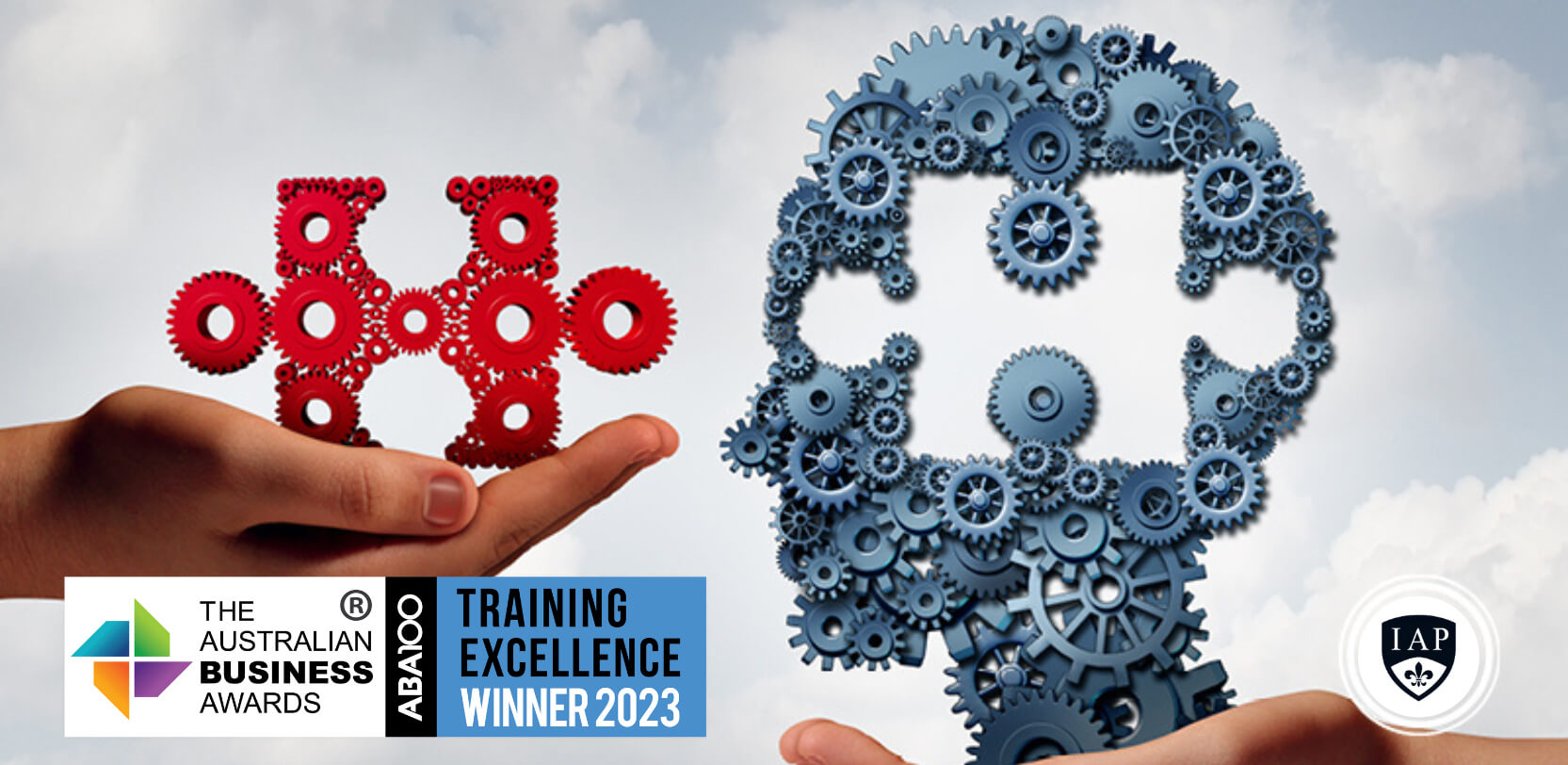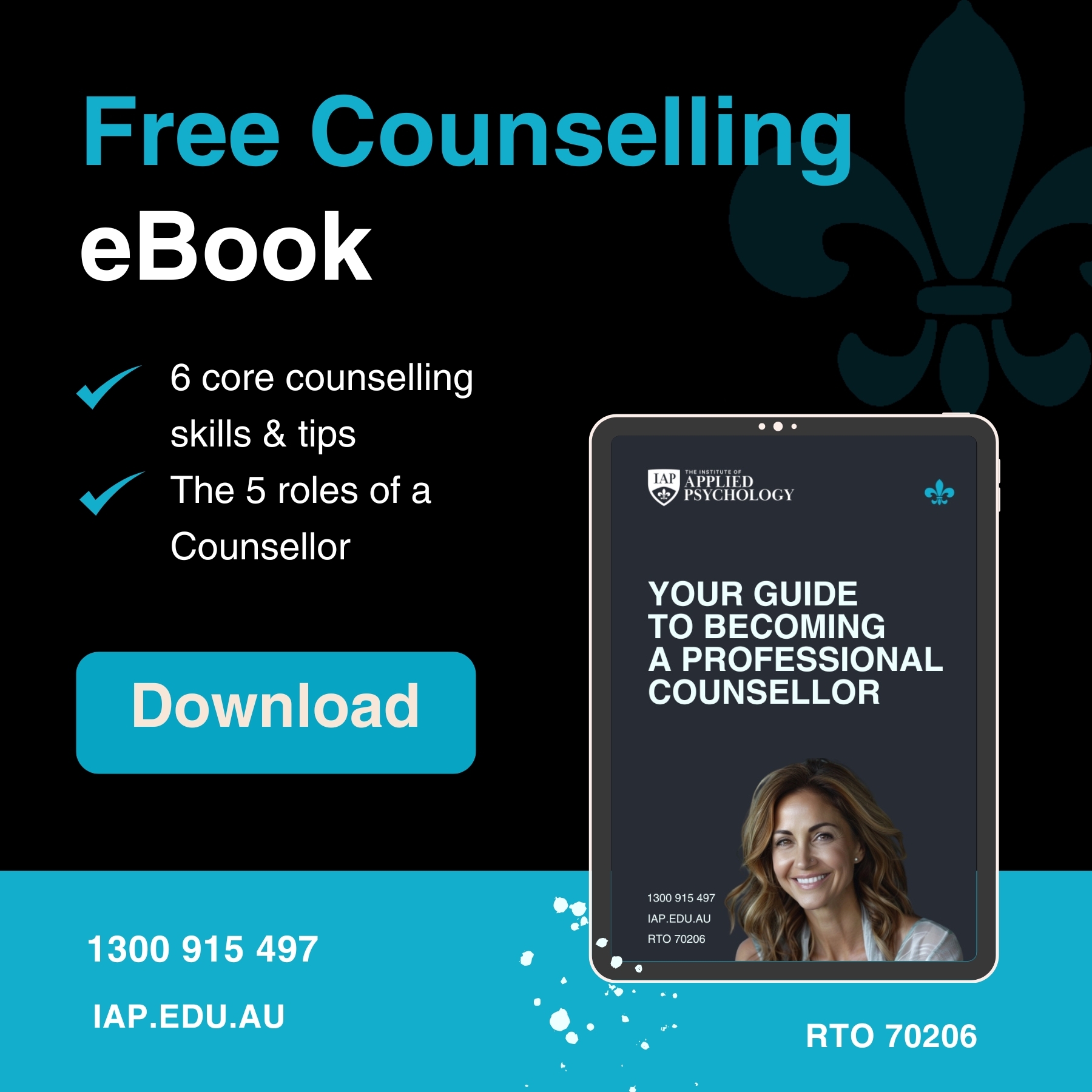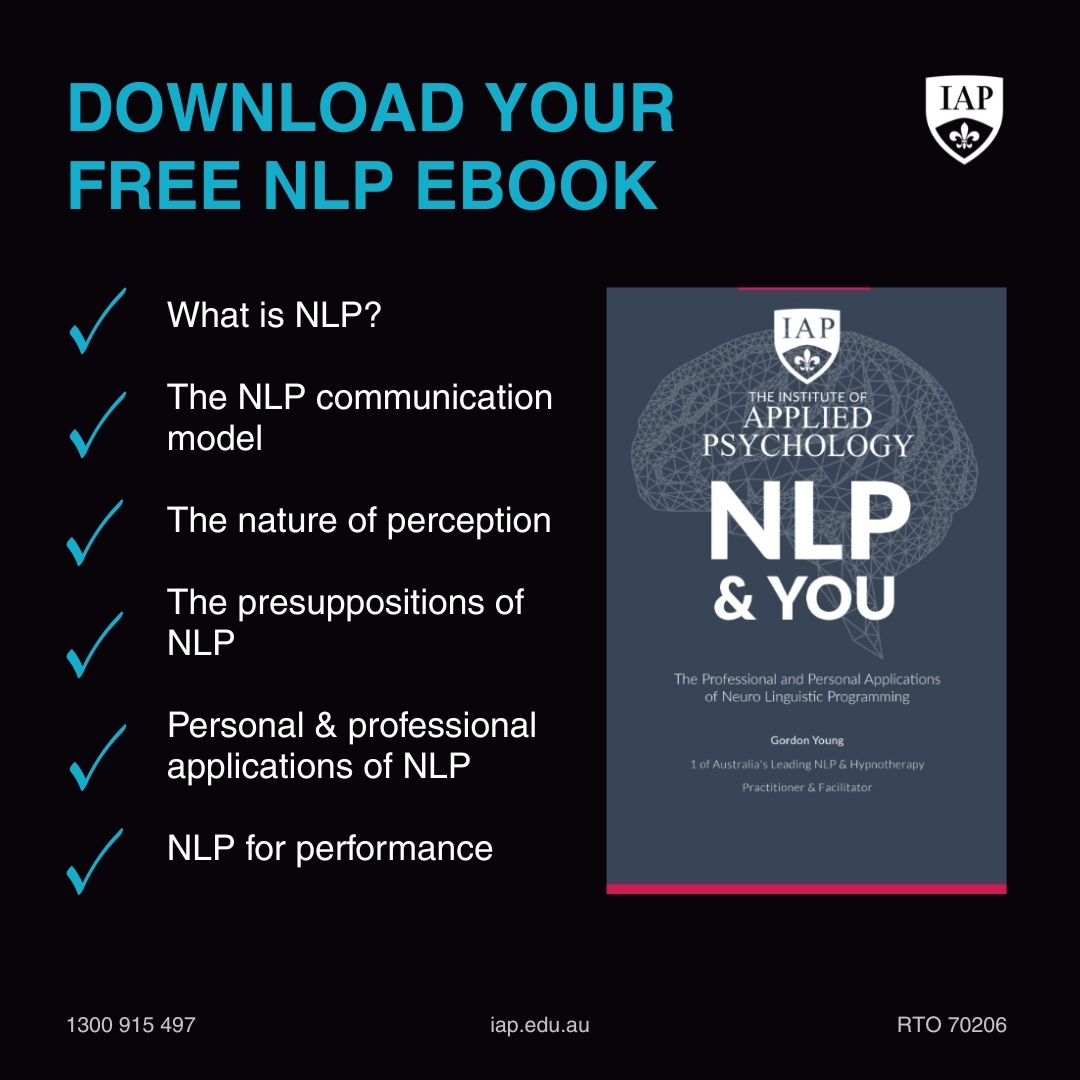Become a Qualified Counsellor who Makes an impact & helps transform lives
Becoming a Professional Counsellor with a Mental Health Specialisation and learn the Trauma-Informed Care (TIC) unit.
Becoming a professional counsellor is about much more than learning a skill—it’s a calling to support people through some of the most challenging moments of their lives. One essential tool every modern counsellor needs is Trauma-Informed Care (TIC). This approach recognises that trauma plays a significant role in shaping a person’s mental and emotional health. By understanding trauma and its effects, you, as a counsellor, can create a therapeutic space where clients feel safe, empowered, and supported in their healing journey.
We know that trauma, especially when experienced in childhood, can have lasting effects. It influences how people think, feel, and interact with the world around them. As a counsellor, being equipped with trauma-informed care enables you to provide tailored, compassionate therapy that truly meets the needs of each client—whether they’re children, adults, or families.
The Heart of Trauma-Informed Counselling
Trauma-informed care isn’t just a counselling technique; it’s a mindset that acknowledges the widespread impact of trauma and commits to treating individuals with the empathy they need to heal. According to the Australian Institute of Family Studies (AIFS), trauma-informed care helps professionals understand how traumatic experiences—like abuse or neglect—affect emotions and behaviours. This understanding allows you, as a counsellor, to meet your clients where they are, without judgment, and guide them towards healthier coping methods.
Often, clients come to therapy with behaviours that might seem puzzling at first glance, but these behaviours are survival mechanisms developed in response to trauma. As a counsellor trained in trauma-informed care, you can see these responses for what they are—an attempt to navigate a world that has, at times, felt unsafe. Your role is to help them feel understood and supported as they discover new ways to cope.
The Importance of Trauma-Informed Care in Counselling
Trauma affects everyone differently, which is why trauma-informed care focuses on creating personalised therapy. No two people’s experiences are the same, and as a counsellor, you’ll work closely with your clients to develop treatment plans that reflect their unique needs and histories. The goal is to ensure they feel truly seen and heard.
You might use approaches like Trauma-Focused Cognitive Behavioural Therapy (TF-CBT) to help your clients process their trauma in a safe, constructive way. But it’s not just about your techniques; it’s about building trust and ensuring your clients feel secure as they share their most vulnerable experiences.
Your Path to Becoming a Trauma-Informed Counsellor
If you’re passionate about helping others through their mental health challenges, becoming a qualified counsellor with a mental health specialisation could be your ideal path. The CHC51015 Diploma of Counselling at the Institute of Applied Psychology (IAP) provides you with the knowledge and skills needed to make a meaningful difference in people’s lives.
With this diploma, you’ll be eligible to apply for membership with the Australian Counselling Association (ACA), Australia’s leading body for counsellors. For those looking to work internationally, your qualification is also recognised by the International Association for Counselling (IAC), allowing you to practise globally.
The trauma-informed care elective unit is a key part of the CHC51015 Diploma of Counselling. This means you’ll learn the theory behind trauma and its impact and practical tools to help clients heal. By the end of your training, you’ll feel confident and ready to enter counselling, equipped with the knowledge and compassion to create supportive environments for your clients.
Your diploma will also cover many therapeutic approaches, such as person-centred and solution-focused therapy. Alongside your technical skills, the course emphasises empathy, active listening, and cultural sensitivity—essential for building trust and fostering meaningful connections with your clients.
Building a Trauma-Informed Counselling Career
As a Counsellor, your work will extend far beyond traditional therapy sessions. Trauma survivors often require more than verbal counselling; they need a holistic approach that addresses their emotional, physical, and psychological needs. By integrating trauma-informed care into your practice, you can offer clients a comprehensive healing journey. This may involve collaborating with other service providers, such as social workers or psychologists, to ensure your clients receive the most appropriate care for their needs.
Start Your Journey Today
Counselling is about much more than offering therapy sessions. It’s about helping people rebuild their lives after trauma and offering them hope for the future. By integrating trauma-informed care into your practice, you’ll be providing a holistic approach that addresses not just your client’s mental health but also their emotional and psychological well-being.
Becoming a counsellor could be the perfect path if you’re ready to embark on a career where you can make a real difference.
Completing the CHC51015 Diploma of Counselling equips you with the skills to help support those in need and gives you the professional recognition to practise in Australia and internationally.
Take the first step towards transforming lives through compassionate counselling.
Becoming a counsellor isn’t just a career—it’s a way to help transform lives. Take the next step toward making a real difference in the world.
If you would like to download the course brochure, click here.
If you’d like to speak to a Course Advisor, call 1300 915 497 or request a call here.








